Avammune develops first-in-class and best-in-class
next generation therapeutics across foundational therapeutic modalities in oncology, enabling early POC-driven partnerships for the development of pioneering medicines.
From Target Selection to Durable Anti-tumor Responses

Bioinformatics and computational chemistry-driven target ID and drug design

Proprietary library of molecules that target DNA/RNA-binding proteins

High throughput chemistry and biology for rapid turnaround cycles

Experienced team, lean programs, rapid clinical translation
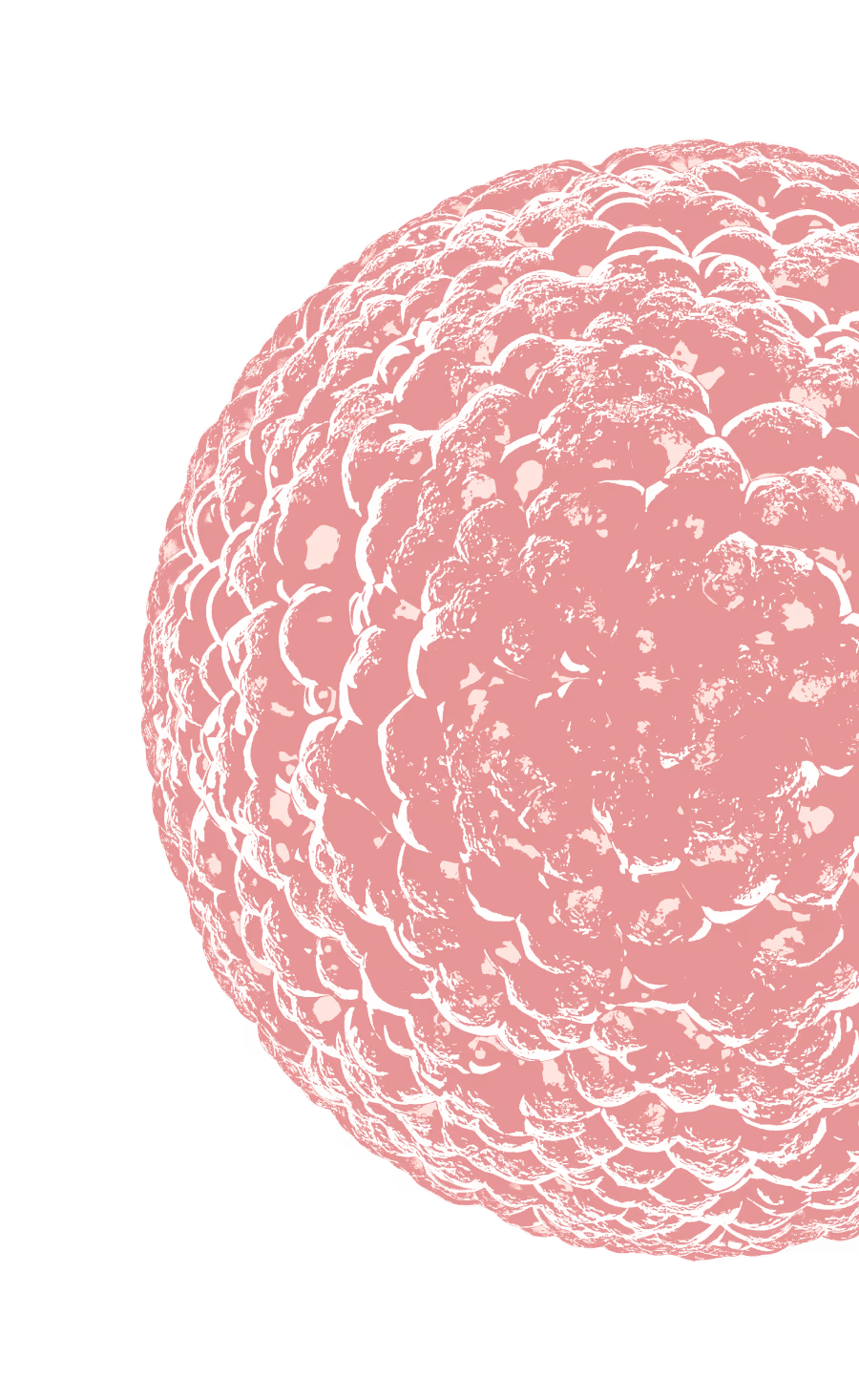
Multi-Pronged Approach for Cancer Cure
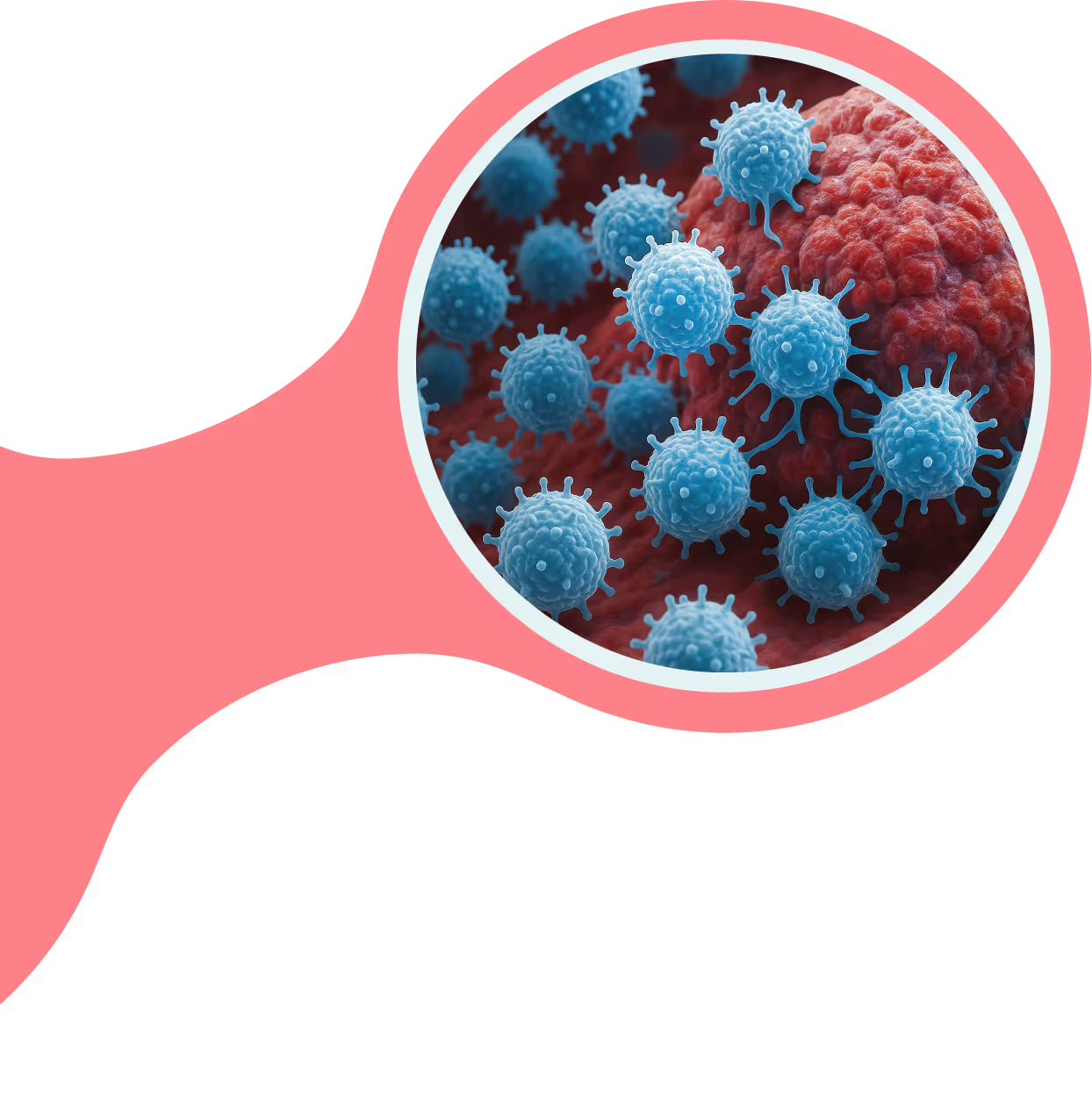
Reshaping immune landscape in the tumor microenvironment to convert non-responsive ‘cold’ tumors into immune-responsive ‘hot’ tumors
Explore Assets →Turning critical cancer dependencies into therapeutic opportunities
Explore Assets →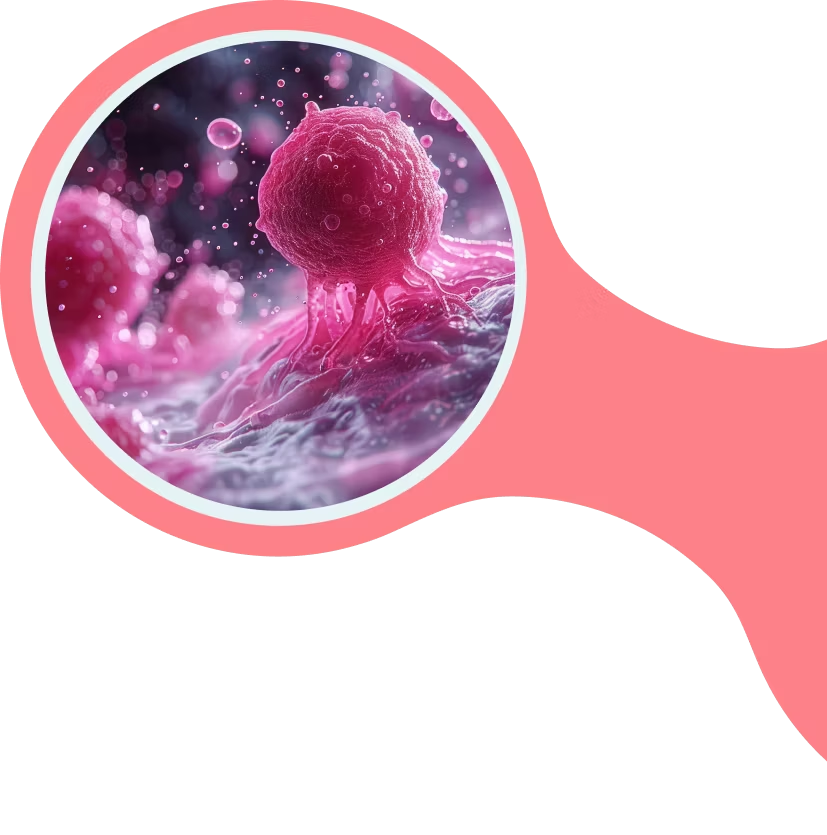
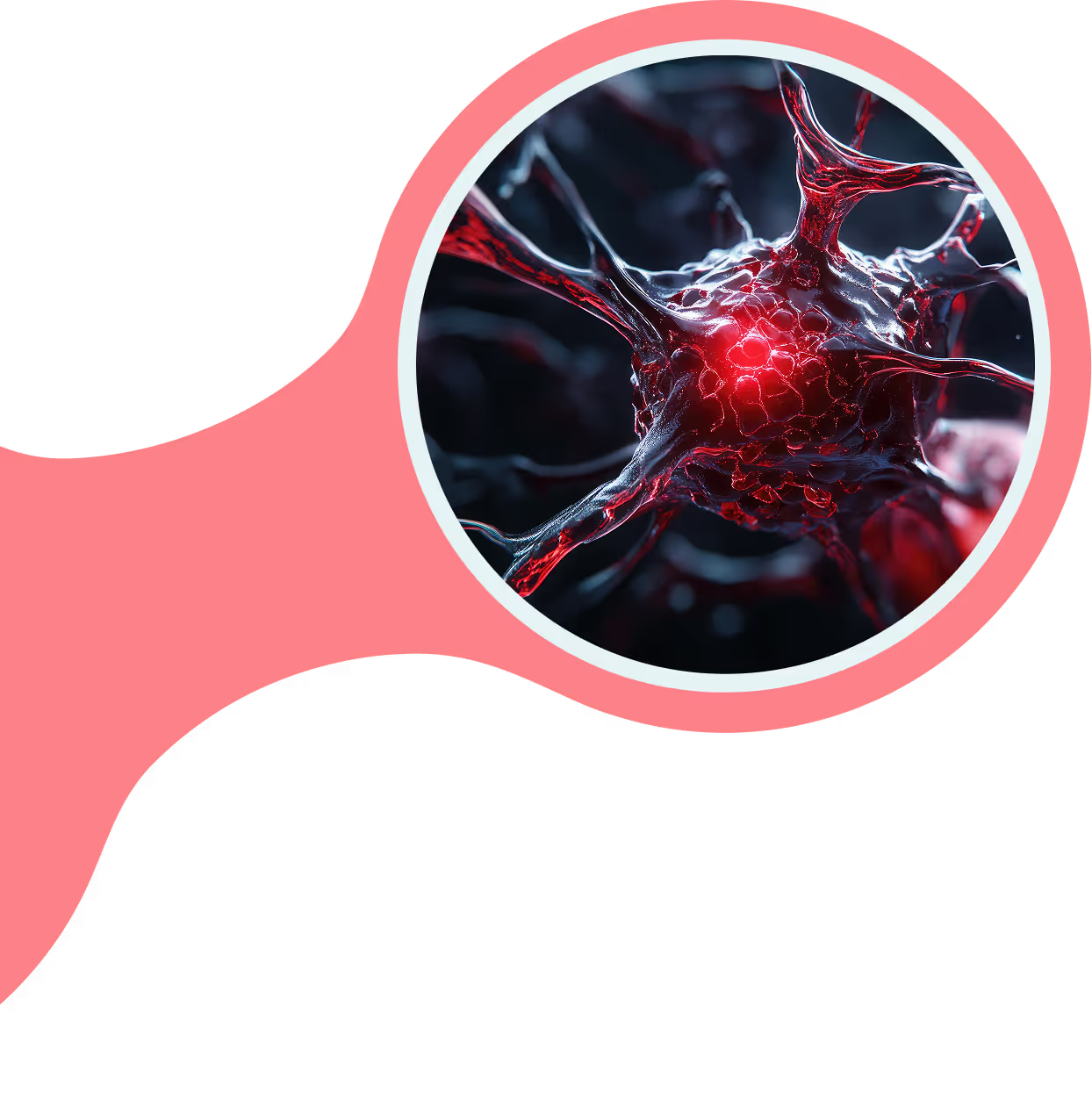
Using targeted radiotherapeutics to directly kill tumor cells while sparing healthy tissues.
Explore Assets →Building the
Next Generation of
Oncology Therapies
Avammune is an R&D-driven drug discovery company developing novel modality-agnostic best-in-class and first-in-class therapies for hard-to-treat solid tumors.
Our team brings deep expertise across medicinal chemistry, immunology, discovery biology, and computational chemistry, with a track record of scientific innovation, IP creation, and successful exits.
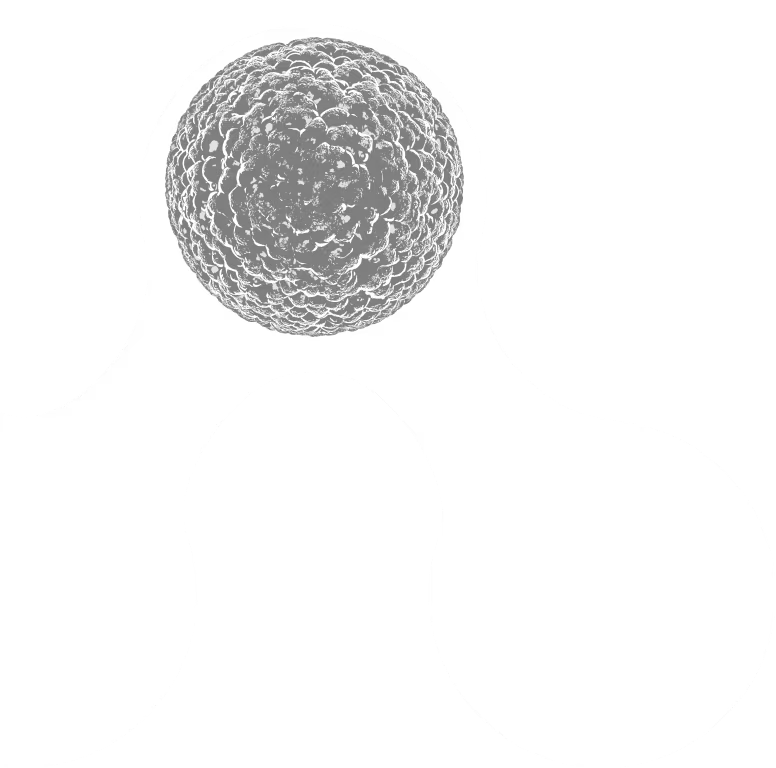
PMID: 39318624 PMCID: PMC11419979 DOI:10.3389/fimmu.2024.1395655
Molecules 2022,27(19), 6721; DOI: 10.3390/molecules27196721